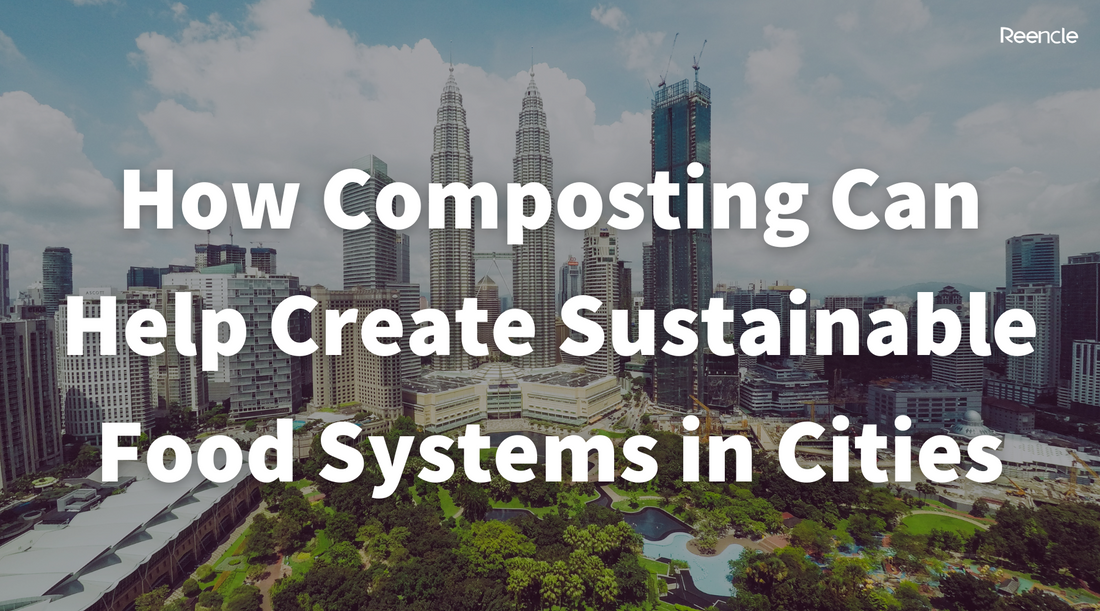Urban agriculture is becoming increasingly popular as more people are interested in growing their own food and creating sustainable food systems. However, urban agriculture is also met with a number of challenges - including limited space, poor soil quality, and a lack of access to resources. Composting can help address many of these challenges and create more sustainable food systems in cities.

Photo Credit: Markus Spiske
One of the biggest challenges facing urban agriculture is the lack of access to healthy soil. In many cities, the soil is contaminated with heavy metals and other pollutants, making it unsuitable for growing food. Composting can help address this issue by creating healthy soil amendments that can be used to improve soil quality. By composting organic waste, urban farmers can create a nutrient-rich soil amendment that can help improve soil structure and fertility, allowing plants to grow healthier and stronger.
Composting can also help urban farmers address the issue of limited space. In many urban areas, space is at a premium, making it difficult to grow food on a large scale. However, composting can help urban farmers maximize the use of limited space by allowing them to grow more food in smaller areas. By composting organic waste, urban farmers can create their own soil amendments, reducing the need for space to store and transport commercial fertilizers.
In addition to improving soil quality and maximizing the use of limited space, composting can also help urban farmers reduce waste and save money. By composting organic waste, urban farmers can divert waste from landfills and create a valuable resource that can be used to grow food, thus completing nature's cycle. This not only helps reduce the amount of waste going to landfills but also reduces the need for commercial/synthetic fertilizers - which can not only be expensive but also harmful to plants and the environment.
Composting can also help urban farmers create more sustainable food systems by reducing the carbon footprint of food production. In many cities, food is transported long distances, resulting in high carbon emissions; up to 6% of the world's carbon emissions are the result of food transportation. However, by growing food locally and using compost as a soil amendment, urban farmers can reduce the carbon footprint of food production. This ultimately creates a more sustainable food system.

Another benefit of composting in urban agriculture is the potential to create community-based composting systems. Community-based composting systems allow people to compost their own organic waste and create a valuable resource that can be used to grow food locally. These systems also help build community and provide an opportunity for people to learn about composting and sustainable food systems.
In conclusion, composting can play a vital role in creating more sustainable food systems in cities. By improving soil quality, maximizing the use of limited space, reducing waste, and reducing the carbon footprint of food production, composting can help urban farmers grow healthier food and create more sustainable communities. As more people become interested in urban agriculture, it is important to recognize the important role that composting can play in creating a more sustainable future for all.

